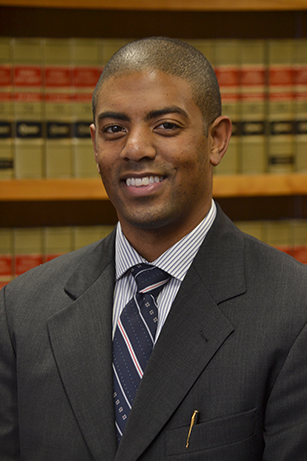2013 MPH Alumnus Starts U.S. Presidential Management Fellowship at CDC After Completing Law School
Kory Trott, MPH ’13, Focusing on Policies to Prevent Unintentional Injuries
October 25, 2016
Kory Trott has been busy since graduating with his MPH in 2013. Following a compelling public health law course he took as part of his concentration in Health Management and Policy, Trott went on to graduate with his JD from the University of Wisconsin in 2015. Now he’s using both degrees to make a positive impact on public health policy.
 Kory Trott, MPH ’13
Kory Trott, MPH ’13
Kory was named a 2016 Presidential Management Fellow – a highly selective federal program created to develop a future leaders in government. After a year of applications, interviews and consideration for health policy appointments at several federal agencies, Trott landed at the Centers for Disease Control.
Earlier this month, Trott started his two-year appointment in the CDC’s National Center for Injury Prevention and Control. As the Special Assistant to the Director of the Division of Unintentional Injury Prevention (DUIP), he’ll be using his policy, law and communication skills to work on policies related to prescription drug overdose, older adult falls, traumatic brain injury and motor vehicle safety.
Looking back on his time at Drexel, Trott recalls the Health Management and Policy courses that sent him down his career path. He notes in particular Robert Field’s public health law course which conveyed the ways the law has been used as a tool to improve public health. Dennis Gallagher’s policy classes, with an emphasis on writing, helped Trott use epidemiological and other data to craft compelling policy arguments, which has been useful both in law school and at CDC.
“Between Drexel and law school, I have had internships at hospitals, nonprofits, and local government. My first job after graduation was reviewing studies for an institutional review board,” said Trott. “While those experiences seemed disconnected at the time they have given me a more complete understanding of how the various pieces of our complex health system fit together.” He advises current public health students to “be flexible and open to new opportunities.”